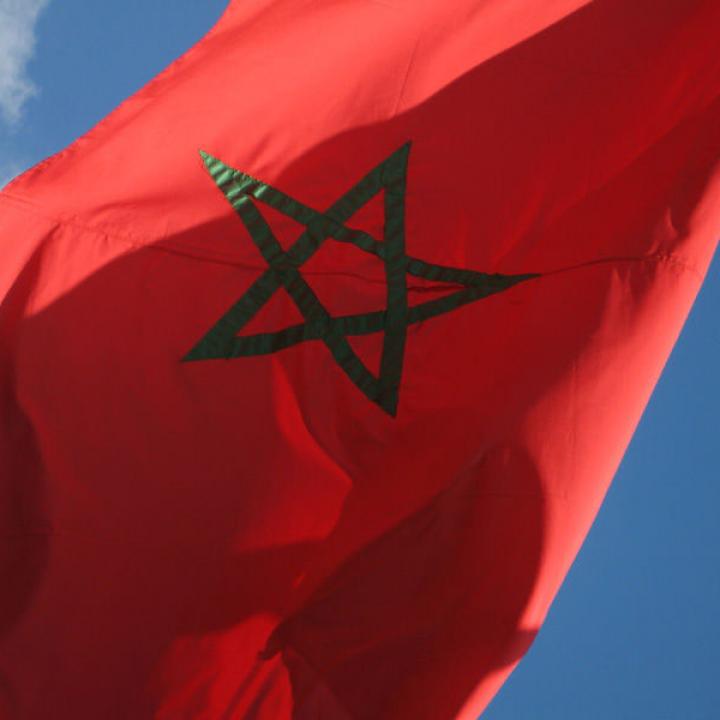

Morocco's exceptional stability following the Arab Spring and its penchant for close relations with the West make it worthy of significant U.S. attention and encouragement.
Alone among all Arab countries, Morocco has since early 2011 witnessed mass protests that resulted in the peaceful, democratic election of an Islamist party to head the government -- followed by two years of calm. Impressive though often overlooked, this rare success story from the Arab Spring is occasionally invoked as a possible source of emulation by other Arab or predominantly Muslim states. In reality, however, Morocco's situation is so unusual that it probably cannot serve as a model for any other country, even among the other remaining Arab monarchies.
Yet Morocco's very exceptionalism, especially in a region marked by either violent instability or severe repression, or both, makes it a special case worthy of significant attention and encouragement. Indeed Morocco, often neglected in the troubled aftermath of the Arab Spring, is actually among its most interesting countries -- precisely because it is now so quiet, after a few months of massive demonstrations more than two years ago. The case for this is all the more convincing because of the country's objectively important attributes: a strategic location between the western Mediterranean and the North African Sahel; a relatively large population, approaching 35 million within the next year or two; and an all-too-singular penchant for close economic, political, and security relations with both Europe and the United States. Two major factors largely explain this unique Moroccan phenomenon...
Download the PDF to read the full article.
Journal of International Security Affairs




